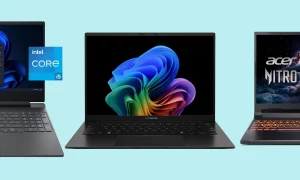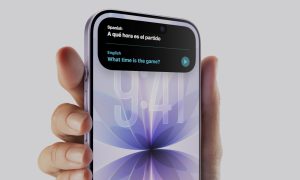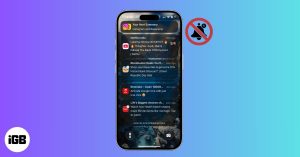Amazon’s Kuiper Home Internet Aims for a Lower Price Than Starlink
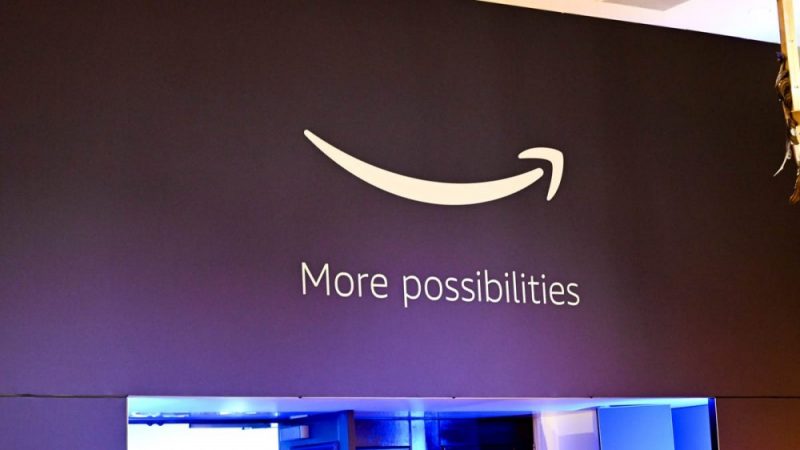
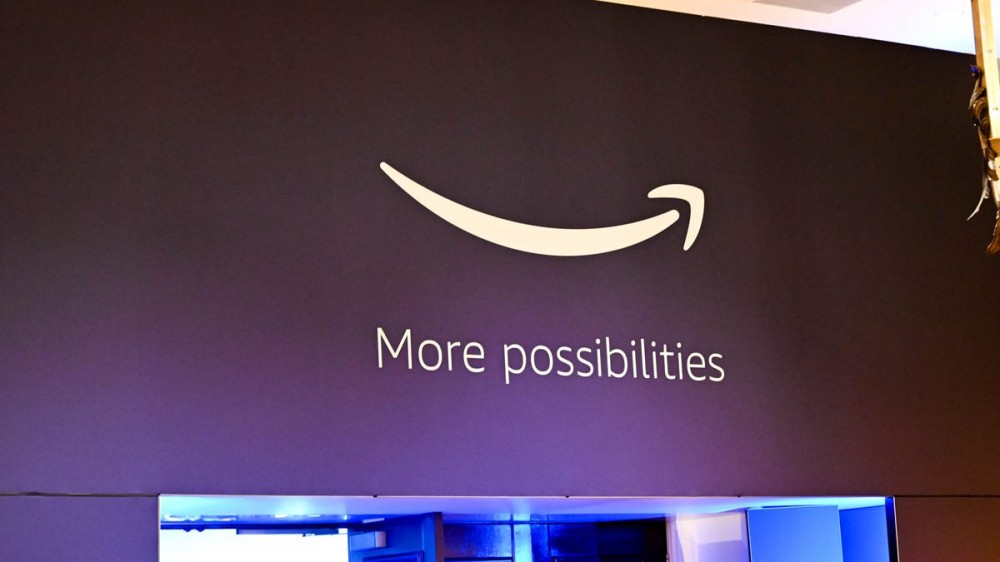
Earlier this year, Amazon received FCC approval to deploy thousands of satellites for its Project Kuiper broadband internet service. Now, in a letter to shareholders, Amazon CEO Andy Jassy plots a release date for Project Kuiper and hints at how the service will compete with SpaceX’s Starlink.
This shouldn’t come as much of a surprise, but Project Kuiper will begin providing satellite internet service in 2024. The initial rollout will be limited to certain regions, and “commercial” customers will get to try Kuiper before it reaches residential users. (SpaceX took the same basic path. But other satellite internet companies, specifically OneWeb, are laser-focused on commercial and government customers.)
Project Kuiper’s residential rollout will begin sometime after the commercial rollout—Amazon doesn’t really provide any specifics here. But CEO Andy Jassy makes an interesting comment in his letter to shareholders. He reiterated a previous announcement, stating that Kuiper residential terminals (antennas) will cost “less than $400 each” and offer speeds up to 400 Mbps.
For comparison, Starlink’s residential terminal costs $600 and only hits 200 Mbps. If Amazon can reach its goal, it could make Starlink look slow and expensive. But don’t get too excited—Project Kuiper doesn’t have a product yet, and by the time Kuiper is open to regular customers, Starlink could improve its residential service. Plus, we don’t know what Amazon plans to charge customers for monthly service, which is probably the most important part of this equation.
I should note that Kuiper and Starlink are more than just a novelty. They exist to provide high-speed internet access in under-served areas, especially rural parts of the United States (though global service is part of this equation). Both Amazon and SpaceX are coordinating with the FCC to reach this goal and to solidify the United States as a leader in satellite internet technologies (something SpaceX explicitly stated in a recent letter to the FCC).
While Kuiper and Starlink are both extremely expensive. But, in some areas, satellite internet is cheaper than laying copper cable for wired access. And the intense competition between SpaceX and Amazon should bring prices down.
Source: Amazon




